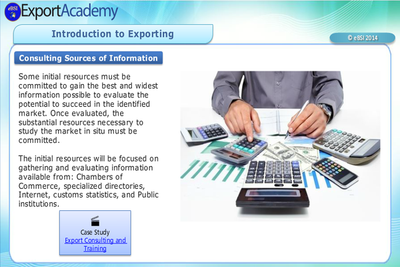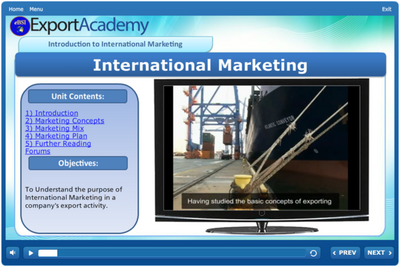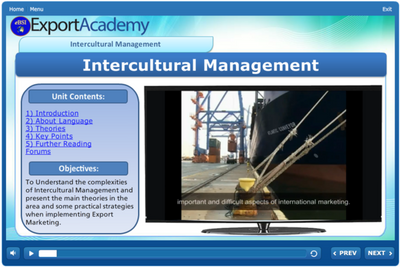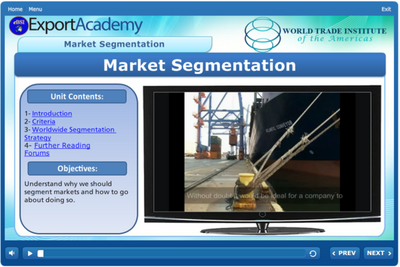Don’t Start a relationship with the wrong person!
How to appoint an agent.
Agency selection is critical and affects development of your whole export effort.
The challenge is to appoint an agent who knows the export market and has influence with the key buying personnel in the appropriate sectors and, is committed to your business.
The first step is to draw up a preliminary list with the assistance of embassies, Enterprise Ireland Office Network overseas (or your local Trade Promotion Government Agency), Chambers of Commerce, Banks and personal contacts.
The next step is to write to the organisations and industrialists on that list giving your firm’s background and export objectives, and checking whether they act for competitors in that market, and their terms of commission.
The replies you receive form the basis of a short list, which in turn is the basis for interviews when you visit the market.
Trade and banker’s references can then be taken up and an appointment made.
Agency Agreement
An agency agreement is a statement, in legally enforceable form, of a commercial contract.
Essential contractual clauses
There are no hard and fast rules but the following is a checklist of essential clauses and conditions of an agency agreement.
* Purpose of agreement
* Parties to agreement
* Definition of terms of agreement
* Courts for dispute
* Goods to be included
* Territory to be covered
* Limitations agency
* Duties and responsibilities of each party
* Conditions of trading between parties
* Remuneration of agent
* Duration of agreement
* Treatment of costs, insurance, freightage
* Legal responsibilities
* Financial commitments or limitations
* Termination of agreement
* Penalty clauses
* Minimum levels of performance
* Changes of ownership
* Rights to agreement extension
* Mutual training/co-operation needs
Conditions of Sale
The agreement should also deal with conditions of sale such as:
* Quantity and detailed specifications for products
* Price, ex-works, FOB, CFR, FAS, CIF, DDU etc.
* Place of delivery
* Date of delivery
* Method and time of payment
* Trade terms (Incoterms)
The final point mentioned above ‘Incoterms’ or more correctly ‘Incoterms 2000’ are of critical importance given their universal application.
The chosen international commercial term will have a direct impact on the invoiced price of the goods and this in turn will need to be reflected in any agency agreement.
Raymond Johnson is an International Trade Specialist Advisor who specialises in helping European companies to enter African Markets. Raymond is graduate of the Institute of International Trade of Ireland. Raymond may be contacted at rj@ebsi.ie
DISCLAIMER: This article contains information, which is for guidance on matters of general interest only.
There may be omissions or inaccuracies in information contained in the site and the information is given on the understanding that it should not represent a substitute for professional consultation.
Although we have made every effort to ensure the information in the article is reliable, the electronic Business School International, GTI Learning.com and the Author of this article accept no responsibility for errors, omissions or adverse results obtained from using the information. The electronic Business School International, GTI Learning.com and the Author of this article issue no guarantee of completeness, accuracy, timeliness or results obtained from using the information.
The electronic Business School International, GTI Learning.com and the Author of this article will therefore not be liable to you or anyone else for decisions made or actions taken in reliance on the information in this web site.






